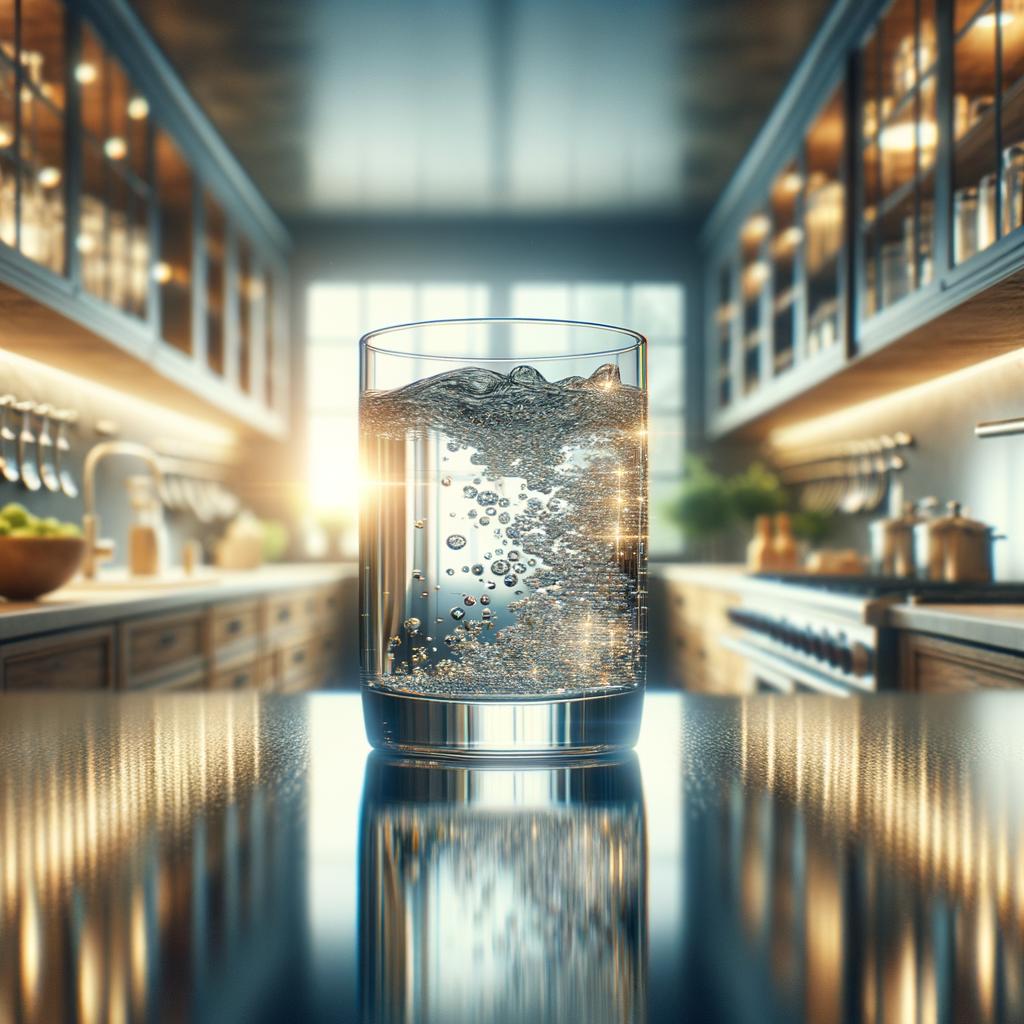Sparkling Water

Description Sparkling water, also known as carbonated water, is an effervescent delight that dances on the tongue. Clear as crystal, it mirrors the purity of its still counterpart, but with a lively twist. The bubbles in the water create a unique texture, a gentle fizz that tingles the palate. Its flavor profile is subtle, often described as a blend of crisp, clean, and refreshing tastes. What sets sparkling water apart from regular water is its carbonation, a quality that not only adds a textural dimension but also enhances the overall drinking experience.
Primary Uses Sparkling water is a versatile ingredient that finds its place in a plethora of culinary applications. It serves as the base for many refreshing beverages, from invigorating morning mocktails to relaxing evening cocktails. In cooking, it is often used in batter for fried foods, giving them a lighter, crispier texture. Beyond its culinary uses, sparkling water is also a popular choice for hydration in wellness circles due to its ability to satiate thirst and aid digestion. Its effervescence is considered a celebration in a glass, making it a popular choice for festive toasts in many cultures.
History The history of sparkling water is as effervescent as the beverage itself. It dates back to the natural mineral springs, revered since ancient times for their health-enhancing properties. The Romans, known for their baths, believed in the therapeutic powers of these fizzy waters. The concept of artificially carbonating water came into existence in the 18th century by the hand of Englishman Joseph Priestley. Since then, the popularity of sparkling water has bubbled up, transforming from a luxury item to a household staple. There's an intriguing myth that sparkling water originated from the Champagne region of France, adding a dash of romantic allure to its history.
Nutritional Information Sparkling water is a zero-calorie drink, making it a healthy alternative to sugary sodas. It contains no fats, proteins, or carbohydrates, but it does carry a trace amount of minerals, depending on its source. Some studies suggest that drinking sparkling water can help improve digestion and combat dyspepsia and constipation. However, it's important to note that not all sparkling waters are created equal. Some may contain added sugars or artificial flavorings, altering their nutritional profile. When compared to regular water, sparkling water offers the same hydration benefits with an added sensory experience.

